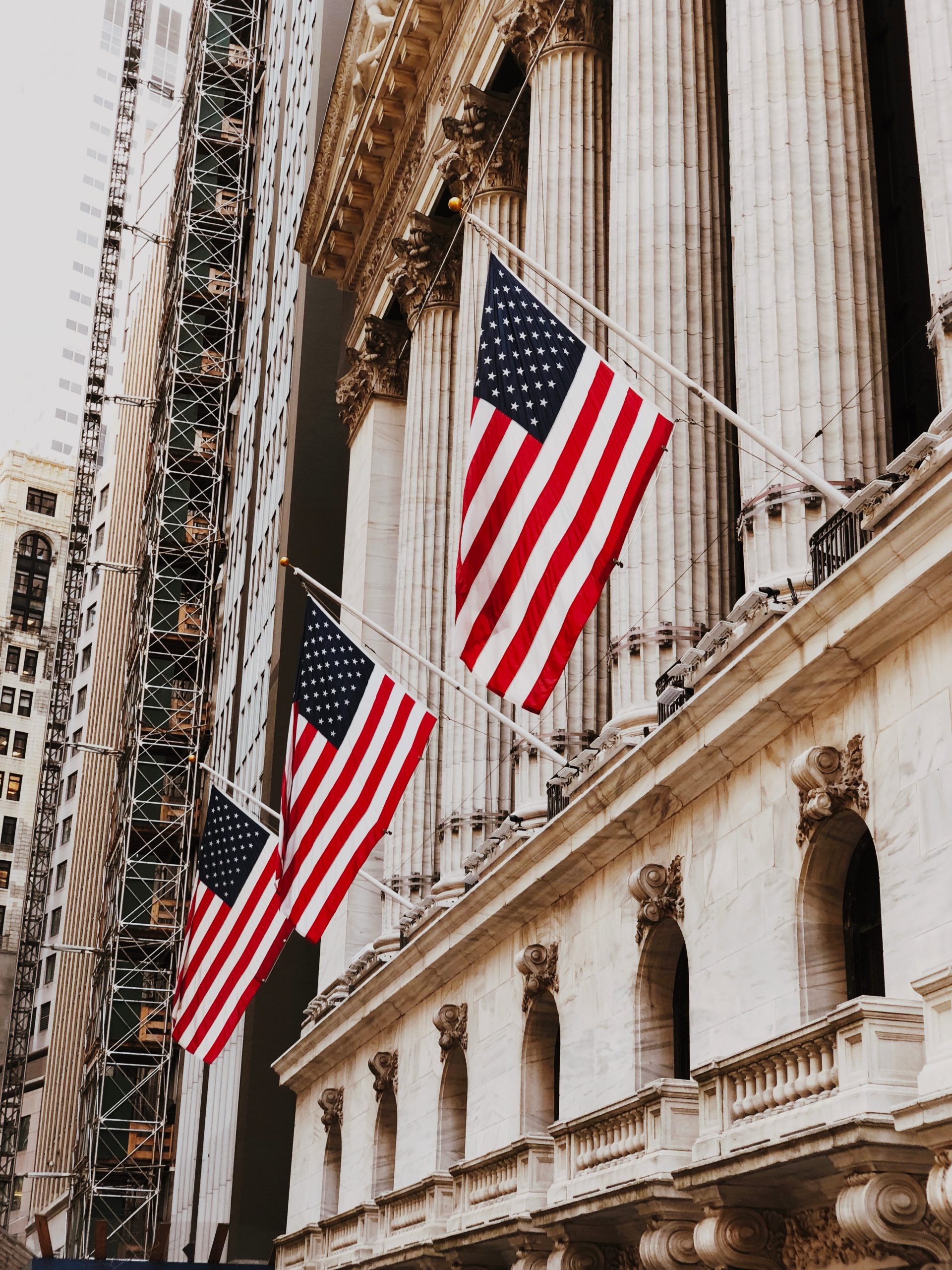
A National Strategy on Privacy and Civil Liberties
Summary
In the 20th century, the costly nature of surveillance made it easier to maintain constitutional guarantees protecting U.S. persons from mass surveillance. In the 21st century, digitization of our everyday lives and communications has sharply reduced surveillance costs—and indeed, changed the nature of surveillance itself. The core responsibility of any President is to “preserve, protect and defend the Constitution,” but recently unsealed federal court rulings show that intelligence agencies such as the Federal Bureau of Investigation (FBI) and the National Security Agency (NSA) are routinely accessing the digital communications of U.S. persons and otherwise using digital surveillance in ways that violate Americans’ Fourth Amendment rights against “unreasonable searches and seizures.” To fulfill their oath of office, the next president should take concrete steps to reform federal operations with respect to digital surveillance. This is important not only for protecting basic American rights, but also for diplomatic relations with key foreign allies. Instituting meaningful protections against government surveillance in the United States would have the significant diplomatic benefit of helping reestablish the credibility of American calls for other countries to adhere to high human-rights standards.
The transition to a clean energy future and diversified sources of energy requires a fundamental shift in how we produce and consume energy across all sectors of the U.S. economy.
Advancing the U.S. leadership in emerging biotechnology is a strategic imperative, one that will shape regional development within the U.S., economic competitiveness abroad, and our national security for decades to come.
Inconsistent metrics and opaque reporting make future AI power‑demand estimates extremely uncertain, leaving grid planners in the dark and climate targets on the line
As AI becomes more capable and integrated throughout the United States economy, its growing demand for energy, water, land, and raw materials is driving significant economic and environmental costs, from increased air pollution to higher costs for ratepayers.